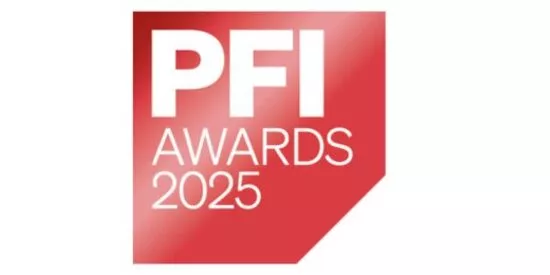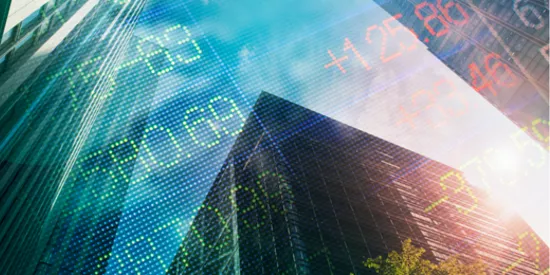
Derivatives
What is a derivative product?
A derivative product is a type of financial contract whose value is based upon (is derived from) the value of an underlying asset, a group of assets or other benchmark. The most common types of underlying assets are stocks, bonds, commodities, currencies, interest rates and market indices. The value of a derivative varies with the price changes of its underlying asset – and since derivatives are leveraged, any price swings in the underlying tend to be amplified.
What is a derivative contract?
A derivative contract is an agreement between two parties who can either trade unilaterally over the counter (OTC) or through an electronic platform (in the case of a listed product). The Chicago Mercantile Exchange (CME), where oil derivatives contracts are traded, is one of the largest derivatives exchanges in the world.
It is natural to contrast derivatives withcash (or spot) products. Cash products are products where the underlying asset is delivered on the current value date, while derivatives set the terms of transactions that take place in the future.
Types of derivative contracts
Derivatives are divided into two main groups: “firm” products (forwards and futures), swaps, and conditional products (options).
- Firm products are contracts that fix the conditions of a transaction in the future, a transaction that will take place no matter what happens, without the possibility of abandoning the transaction, even if market conditions are unfavourable.
- In contrast, options confer a right – but not an obligation – to the buyer to buy or sell at the contract’s maturity date. If the option buyer so desires, she or he will exercise the option and if not, they may simply let the option expire. In exchange for this flexibility, they buyer pays a premium at the beginning of the contract.
Banks’ clients use derivatives to hedge their exposure to market variations by accessing specific markets and trading different assets. For example, a European exporter of goods to the United States will incur a foreign exchange risk on the dollars received at the time of settlement of the order. By using derivatives, the exporter can hedge this risk today by negotiating a contract that fixes the price of those future dollars at a pre-determined rate.
Derivatives are not used for hedging only, however. Traders also use them to take speculative positions, since the leverage provided by these contracts enables them to bet on the evolution of the markets.
Our latest news and insights

What if our biggest edge in an AI world isn’t more data—but better learning

Societe Generale has demonstrated its leadership in project and infrastructure finance, earning several recognitions...

Structured products are resurging as higher interest rates and better digital tools make capital‑protected and clearly...